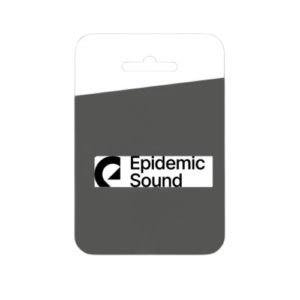Description
SEMrush is a powerful digital marketing toolkit that offers a vast array of features to help you optimize your online presence. To make the most of this tool, here’s a breakdown of key features and how to utilize them effectively
- SEO Professionals and Marketers: SEMrush is a go-to tool for SEO professionals, offering in-depth keyword research, competitor analysis, backlink auditing, and rank tracking.
- Small Business Owners: Entrepreneurs can use SEMrush to improve their online visibility, attract more organic traffic, and drive sales.
- Content Marketers: SEMrush helps content creators identify trending topics, analyze their competitors’ content, and optimize their own content for search engines.
- Digital Marketing Agencies: Agencies can use SEMrush to manage multiple client projects, track performance metrics, and provide valuable insights to their clients.
- Web Developers: Developers can use SEMrush to optimize websites for search engines, ensuring they rank higher in search results.
- Freelancers: Freelancers working in digital marketing or SEO can use SEMrush to enhance their skillset and deliver better results to their clients
Keyword Research
- Keyword Magic Tool: Use this to find relevant keywords based on your seed keywords.
- Keyword Difficulty: Assess the competition for each keyword to prioritize your efforts.
- Keyword Ideas: Generate new keyword ideas based on your existing keywords.
2. Competitive Analysis
- Organic Traffic: Analyze your competitors’ organic traffic to identify their top-performing pages.
- Backlink Analysis: Identify your competitors’ backlink sources and build relationships with similar sites.
- Paid Advertising: Analyze your competitors’ paid advertising campaigns to identify effective strategies.
3. Site Audit
- Technical SEO: Identify and fix technical SEO issues that can impact your website’s rankings.
- On-Page SEO: Optimize your on-page elements, such as title tags, meta descriptions, and header tags.
- Backlinks: Analyze your website’s backlink profile and identify opportunities for improvement.
4. Position Tracking
- Keyword Tracking: Monitor your website’s rankings for target keywords.
- Rank History: Analyze your ranking history to identify trends and patterns.
- Competitor Tracking: Compare your rankings to your competitors’ to identify areas for improvement.
5. Paid Advertising
- PPC Keyword Tool: Find relevant keywords for your paid advertising campaigns.
- Ad Builder: Create effective ad copy and landing pages.
- Ad Group Ideas: Generate ad group ideas based on your target keywords.
6. Social Media Toolkit
- Social Media Tracker: Monitor your brand mentions and engagement on social media.
- Social Media Post Scheduler: Schedule your social media posts in advance.
- Social Media Analytics: Analyze your social media performance and identify areas for improvement.
7. Content Marketing
- Topic Research: Find trending topics and popular content ideas.
- Content Analyzer: Analyze your content’s performance and identify areas for improvement.
- Backlink Opportunities: Identify opportunities to build backlinks to your content.
8. Local SEO
- Local SEO Checker: Analyze your local SEO performance and identify areas for improvement.
- Google My Business Optimization: Optimize your Google My Business listing.
- Local Keyword Research: Find relevant local keywords to target.







Reviews
There are no reviews yet.